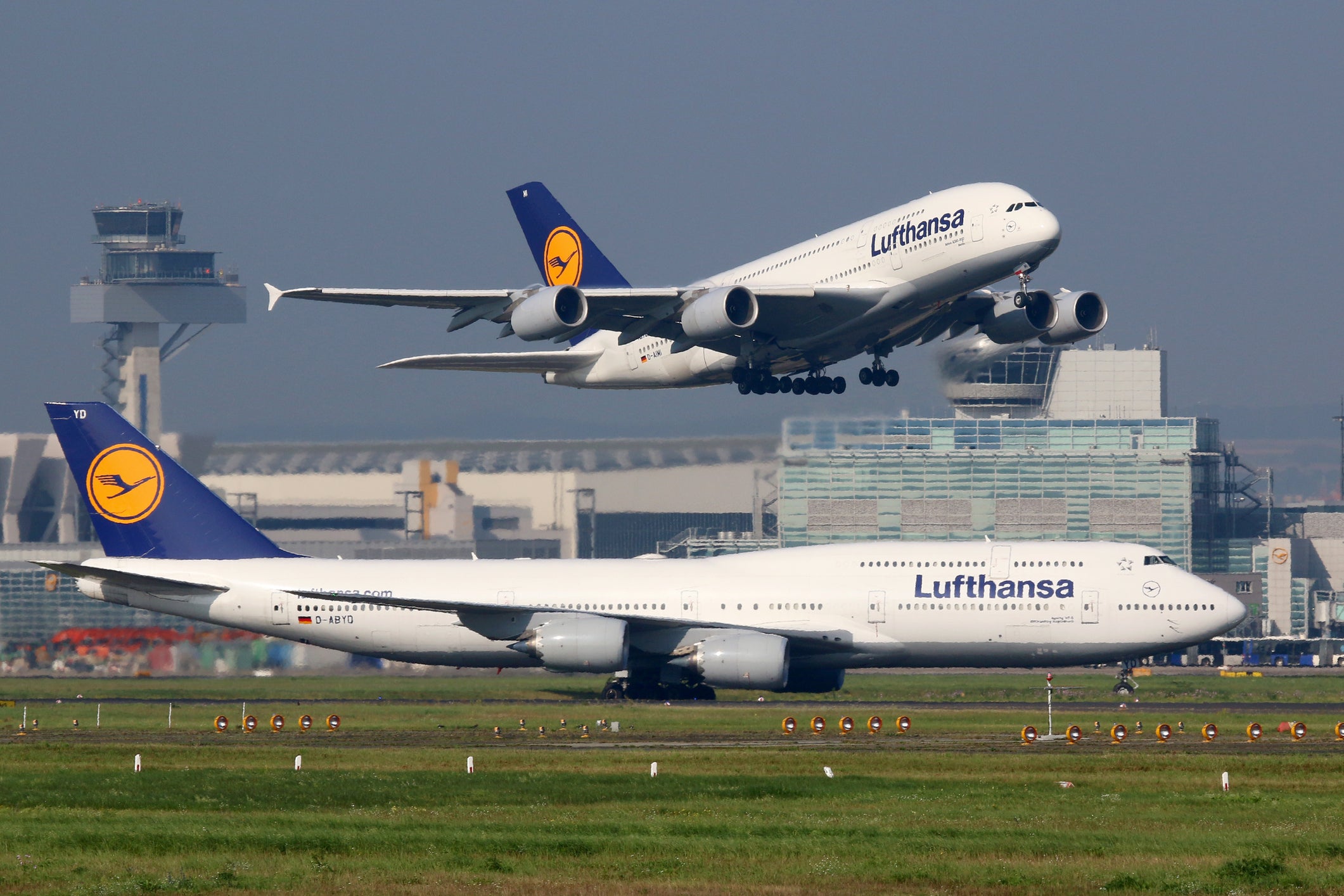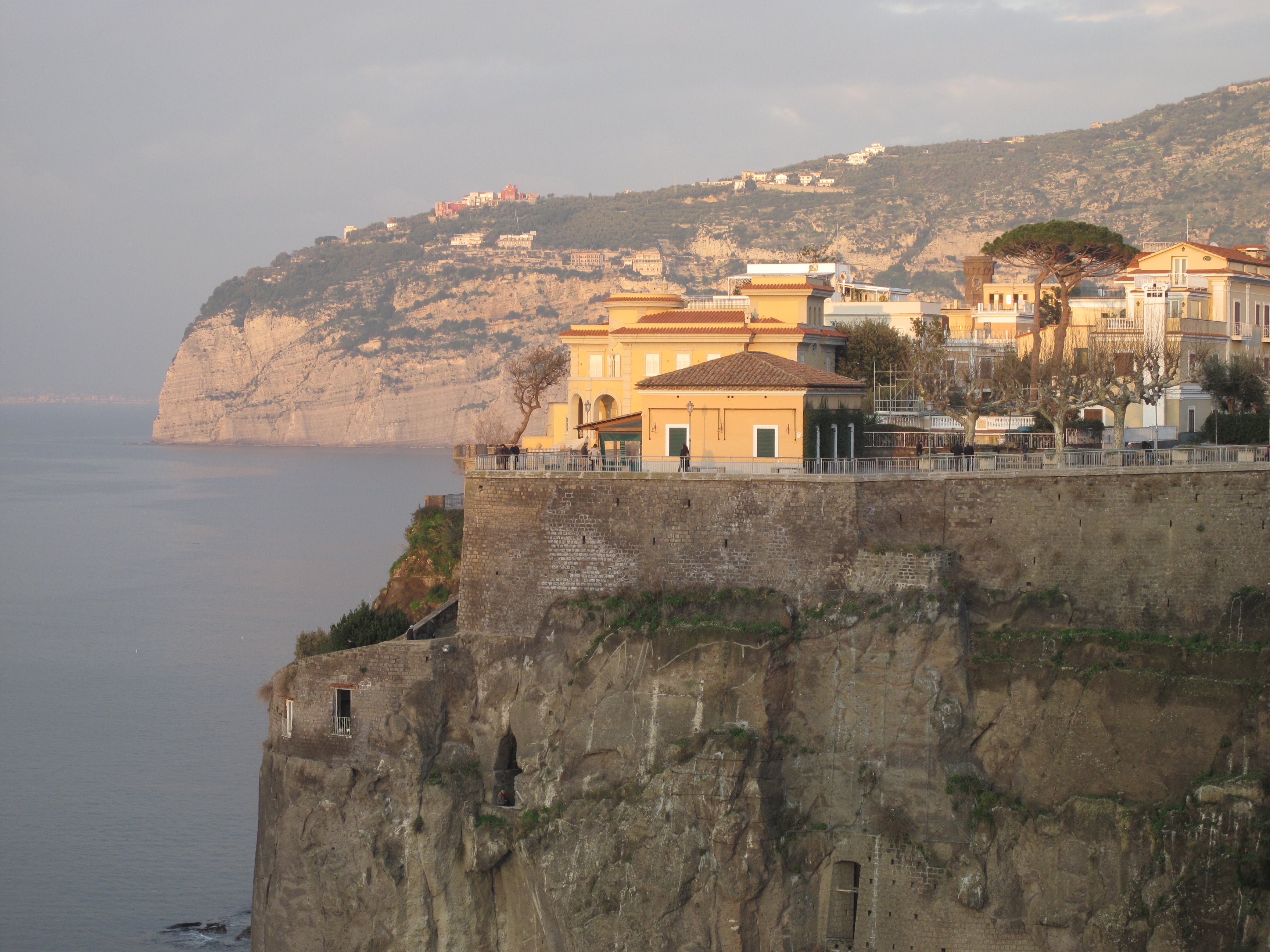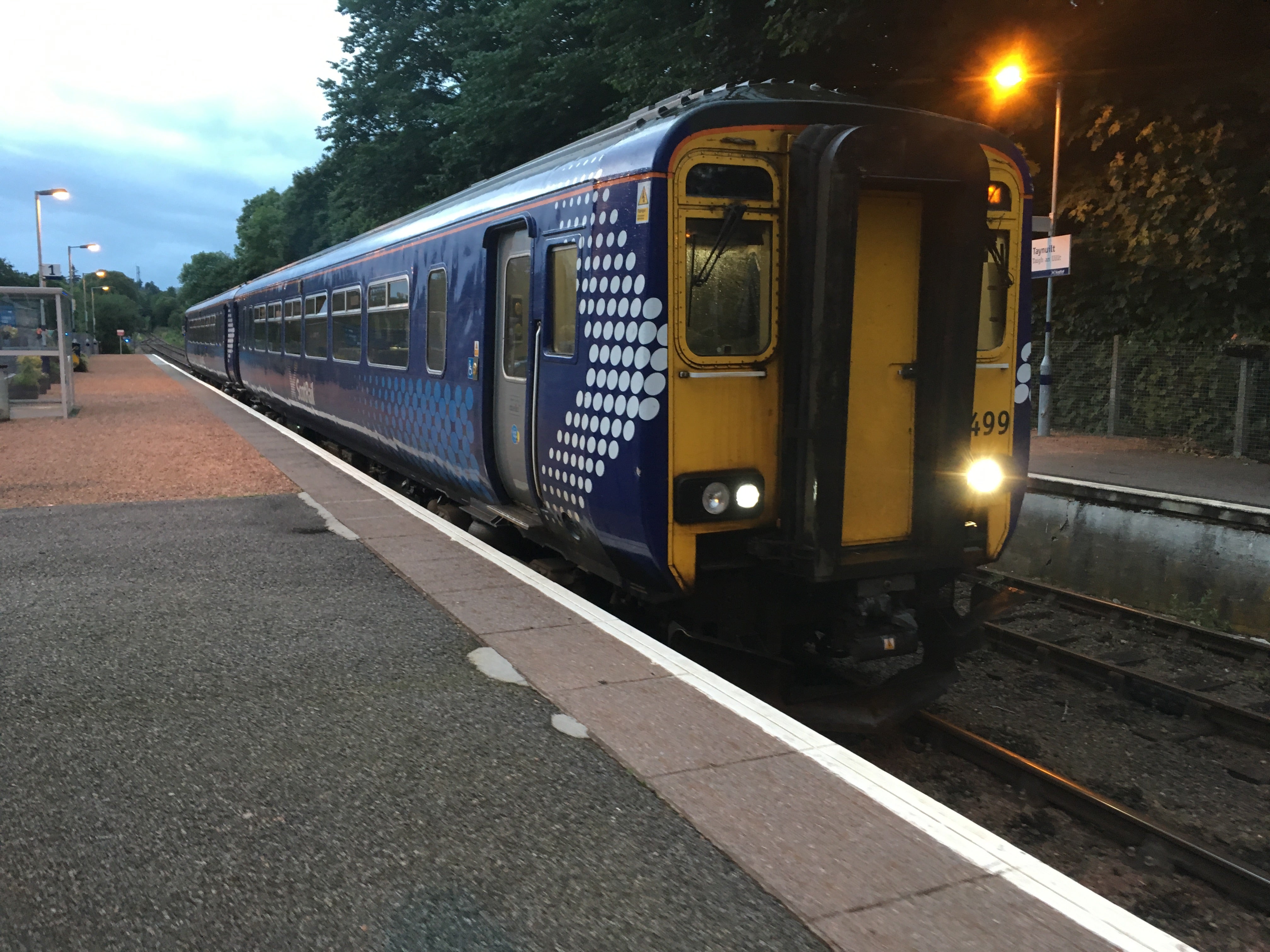What are the tax details of my Belfast-Sydney flight?
Simon Calder answers your questions on flight taxes, passport expiration and Scotland’s peak fare trial


Q I am flying on a Lufthansa-booked ticket bought from Expedia from Belfast City Airport to Sydney via Frankfurt next year, in first class. I am interested in the proportion of my fare that comprises taxes and charges. I have asked Expedia to provide me with a meaningful breakdown of the associated taxes and charges. All they will provide is an overall price for the taxes and charges. Do you know of any other way I can get the information? Lufthansa has referred me back to Expedia.
James K
A Until you asked me this question, I didn’t realise that Lufthansa offered such excellent deals on the route. I have priced up the round-trip from Belfast for May, booking direct through the German airline, and the price is £6,296 return; on Qantas from London Heathrow, the cost is more than 50 per cent higher.
Lufthansa was happy to give me a breakdown of the taxes and charges, of which by far the largest component (£699) goes on “carrier imposed surcharges”. This is effectively additional to the base fare, which for the journey I priced up as £5,194. Why, you might wonder, doesn’t the airline simply make the base fare £5,893? I think the answer is that airlines like to levy “carrier imposed surcharges” on passengers travelling on frequent-flyer tickets, and these are therefore shown separately.
The range of actual taxes and fees applied by third parties totals £403, of which just over half comprises UK air passenger duty: £202. Some Northern Ireland travellers will gladly travel south to Dublin airport to avoid it. The next biggest element is passenger service charges levied by airports along the way, totalling £156. A couple of airports (sorry, I can’t tell which), have security charges totalling £15, and there’s an air transport tax costing £11 thrown in from somewhere. The most annoying charge, I think, is £19 for someone’s airport construction fee. Current users are being made to pay for a future facility. Were Heathrow’s third runway project ever to go ahead, expect a row about whether such a fee should be collected from existing passengers to finance the multibillion cost of the project.

Q My wife was recently refused travel to Italy due to her passport being out of date. The issue date of the passport was 19 June 2013 and it expires on 24 January 2024. Our flight was from Birmingham to Napoli on 4 September 2023 for a week. My wife had previously flown from Birmingham to Skiathos on 28 July with this passport without a problem. Is the airline playing hardball?
Jim H
A It is always sad to learn of people who have lost their holidays because of the post-Brexit passport rules – but in the case of your wife, she can offset the huge disappointment of missing a September trip to Italy by knowing she was extremely lucky to get to the lovely Greek island of Skiathos with a British passport that was technically not valid for travel to the European Union.
After the vote to leave the EU, the government asked for UK citizens to be treated as “third-country nationals”. A key obligation for this status is passport validity. The passport must be less than 10 years old on the day of travel to the European Union and have at least three months remaining on the intended day of return.
Your wife’s passport easily meets the second condition but this is irrelevant since it ceased to be valid for travel to the EU on 19 June 2023. The fact that she was able to travel to Greece more than a month after this date is remarkable. It will have required ground staff at Birmingham not to have spotted its ineligibility, and for the border officials on arrival in Skiathos to have turned a blind eye to the discrepancy (which, anecdotal evidence suggests, they sometimes do).
It will be of little comfort, I imagine, to learn that your wife’s passport is still valid for a wide range of countries including the US, Australia and Tunisia.

Q ScotRail has got rid of peak fares. How much more would the government subsidy need to rise in order to pay for that?
Chris B
A From now until the end of March 2024, the train operator for Scotland has suspended peak fares. In this six-month trial, the only “walk-up” fare for immediate purchase and departure is the cheaper off-peak ticket. Rush-hour passengers between Edinburgh and Glasgow have seen the cost of a return journey almost halve, falling by £14 to £14.90.
To answer your question directly, the Scottish government has provided an extra £15m for the experiment. Even before Covid, taxpayers covered 56 per cent of ScotRail’s costs; in Britain as a whole, the figure was 38 per cent. So the subsidy is ballooning initially.
Rail commuting on Scotrail has slumped by 30 per cent since the Covid pandemic, creating a mighty challenge for the publicly owned operator and the Scottish government: how to boost the number of travellers and reduce the formidable subsidies that are pumped into keeping the nation’s railway running? Strictly as a time-limited experiment, they are cutting fares for rush-hour journeys in the hope that it will encourage people to ditch the car and travel by rail instead.
The immediate beneficiaries are existing rush-hour commuters as well as passengers who switch from off-peak trains because there is no longer any financial penalty. Success depends on enticing enough new travellers on board to make up for the giveaway to existing customers. Candidates for conversion comprise motorists enticed out of their cars and onto the trains, commuters who currently use buses because rail fares are too high, and people persuaded to make additional journeys thanks to the cheaper tickets.
There may, in turn, be a longer-term benefit if (for example) drivers learn how much more productive and relaxing it can be going by train. And the Scottish government also has environmental goals that go beyond strict financial arithmetic.
No one knows how it will turn out, which is why this is strictly a six-month trial.
Train operators and politicians elsewhere in the UK will be watching closely how passengers respond. If the experiment is successful in its aim, then subsidies should actually fall.
Email your question to s@hols.tv or tweet @Simon Calder
Join our commenting forum
Join thought-provoking conversations, follow other Independent readers and see their replies
Comments
Bookmark popover
Removed from bookmarks